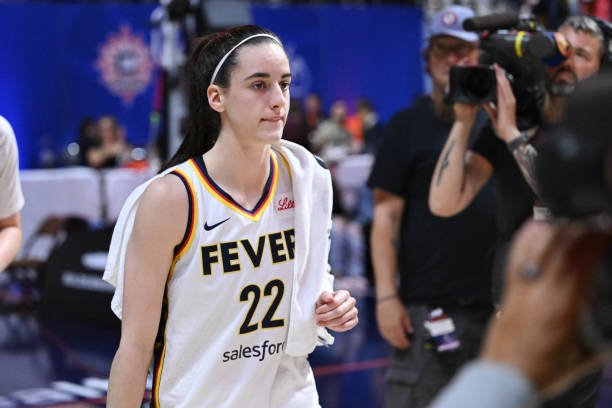Caitlin Clark has played a key role in boosting the WNBA’s popularity. Popular radio host Charlamagne tha God suggested that the main reason for the Indiana Fever star’s immense fame is her being white. Charlamagne made these comments during an interview with late-night host Bill Maher, comparing Clark’s rising celebrity status to that of Las Vegas Aces star A’ja Wilson. Wilson, who was equally dominant during her college career at South Carolina, has been honored with a statue outside Colonial Life Arena in Columbia.
Clark may one day deserve a statue in Iowa City, but Wilson’s accomplishments highlight her exceptional talent, especially under the leadership of Dawn Staley and the dominance of the Gamecocks in recent years. Wilson has remained one of basketball’s top players, winning the WNBA MVP award twice. However, she hasn’t received nearly as much attention as Clark. Maher and Charlamagne speculated that this discrepancy might be related to Clark’s race.

“A’ja Wilson was the biggest thing when she came out of South Carolina, and she didn’t get all of that,” Charlamagne said.
“So what do you attribute that to? I mean, you’re saying that’s racism?” Maher questioned.
“No, I’m not saying it’s racist. I’m just saying that I think A’ja Wilson has a point, and I think sometimes when black women say certain things, we should listen, especially her, because I’m not in her shoes,” Charlamagne responded.
“But why was Serena Williams such a big star? Because people liked that. They didn’t not watch her because she was black, right?” Maher added.
Williams was tennis’ biggest star and best player for more than a decade, excelling as a black woman in a predominantly white sport.
The opposite is true for Clark, as the majority of the WNBA consists of black women.
Williams herself recently commented to TIME on Clark’s rise to fame, seemingly agreeing with Maher.
“If people are negative, it’s because they can’t do what you do,” Williams said.
